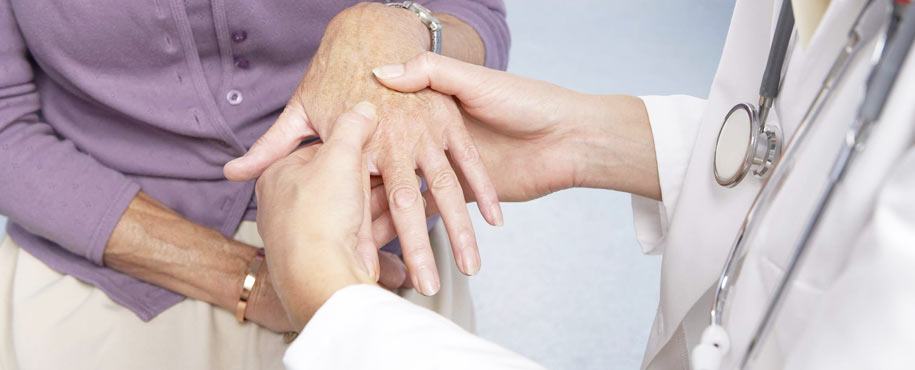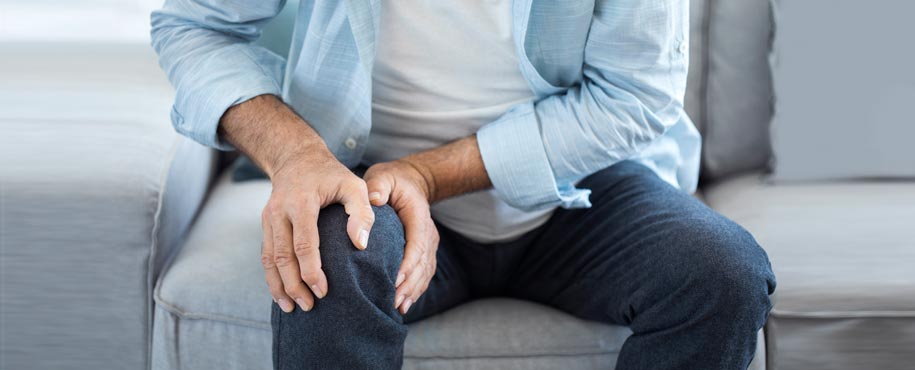Arthritis Specialist in Pune – Dr. Nilesh Patil
Arthritis is a joint disorder feature of swelling. The body where two different bones meet called an area of a joint. A joint function to move the body parts associated with its bones. Arthritis exactly means swelling of one or more joints. Nearby more than 100 different types of arthritis, with different causes and treatment methods. The most common types are two i.e. Osteoarthritis Arthritis and Rheumatoid Arthritis. Dr Nilesh Patil is the best Arthritis Specialist in Pune who provides Arthritis Treatment in Pune. Arthritis is generally followed by joint pain. Joint pain is assigned to as arthralgia. When four or more joints are mixed up, the arthritis is referred to as polyarthritis. When two or three joints are mixed up, it is referred to as Oligoarthritis. When only a single joint is mixed up, it is referred to as Monoarthritis. The symptoms of arthritis normally develop over time, but they may also appear unexpectedly. Arthritis is frequently seen in adults over the age of 65, but it can also develop in children, teens, and younger adults. Arthritis is more commonly detected in women than men and in people who are overweight. • joint redness, Joint pain, hardness, and inflammation are the most common symptoms of arthritis. Your range of motion may also decrease, and you may experience reddishness of the skin around the joint. Many people with arthritis observe their symptoms are worse in the morning. In the case of Rheumatoid Arthritis, you may feel exhausted or experience a loss of appetite due to the swelling the immune system’s activity causes. You may also become weak — meaning your red blood cell count decreases — or have a slight fever. if all the above symptoms are you feeling, then visit Dr Nilesh Patil, the best Arthritis Specialist in Pune. Severe Rheumatoid Arthritis can cause joint abnormality if left unprocessed. The type of arthritis depends on the causes of arthritis. Causes include harm (leading to degenerative arthritis), abnormal metabolism (such as gout and pseudogout), inheritance (such as in osteoarthritis), infections (such as in the arthritis of Lyme disease), and an overactive immune system (such as rheumatoid arthritis and systemic lupus erythematosus). Treatment programs, when possible, are often going to toward the specific cause of arthritis. Cartilage is a solid but flexible connective tissue in your joints. It protects the joints by absorbing the force and shock created when you move and put pressure on them. Refuse in the normal amount of this cartilage tissue cause some forms of arthritis. Common wear and tear causes OA, one of the most common forms of arthritis. An infection or harm to the joints can exacerbate this natural breakdown of cartilage tissue. Your risk of developing OA may be higher if you have a family history of the disease. Another common type of arthritis, Rheumatoid Arthritis, is an autoimmune disorder. It occurs when your body’s resistant system attacks the tissues of the body. These attacks involve the synovium, a soft tissue in your joints that produces a fluid that nourishes the cartilage and lubricates the joints. Rheumatoid Arthritis is a syndrome of the synovium that will invade and destroy a joint. It can ultimately lead to the damage of both bone and cartilage within the joint. If you are suffering from this kind of problems visit Dr Nilesh Patil, Arthritis Specialist in Pune More than 21 million Americans have osteoarthritis. Around 2.1 million Americans bear from Rheumatoid Arthritis. Treatment might involve: The main goal of treatment is to decrease the amount of pain you’re experiencing and avoid additional injury to the joints. What works best for you in terms of controlling pain you will learn from them. Some people find heating pads and ice packs to be comforting. Others use mobility support devices, like canes or walkers, to help take the stress off sore joints. developing your joint function is also important. Your doctor may recommend you a grouping of treatment methods to get the best results. For the Arthritis Treatment in Pune Dr. Nilesh. Patil is the Best Arthritis Specialist Doctor in Pune strive to offer best & reliable patient care services. Some of treatments and procedures for Arthritis.
Arthritis Specialist in Pune – Dr. Nilesh Patil
What is Arthritis?
What are the Symptoms of Arthritis?
• joint swelling,
• joint tenderness,
• joint warmth,
• limping,
• locking of the joint,
• loss of range of motion of the joint,
• stiffness,
• weakness.What Causes Arthritis?
What is the Treatment for Arthritis?
• medications
• non-pharmacologic therapies
• physical or occupational therapy
• splints or joint assistive aids
• patient education and support
• weight loss
• surgery, including joint replacement
